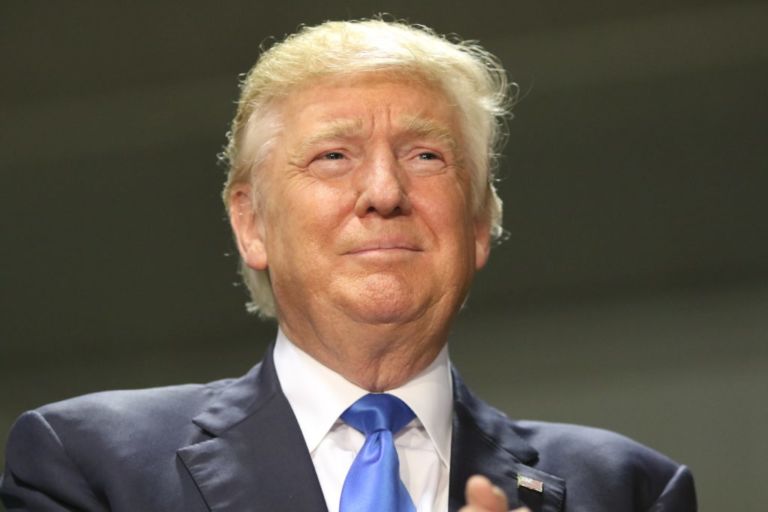James Antle of the Washington Examiner highlights challenges for Republican presidential candidates not named Donald Trump.
One exception was Gov. Ron DeSantis (R-FL) calling out Trump’s criticisms of six-week abortion bans as “terrible.” That was a real opening for the other candidates in the race, especially in Iowa, and an important policy debate inside the GOP.
How Republicans are going to legislate on abortion since the reversal of Roe v. Wade should be one of the biggest issues in the primary. It surely will be in the general election.
Yet DeSantis’s defense of the anti-abortion movement against Trump’s assertions about the midterm elections and “terrible” laws was fleeting. This was the Florida governor’s main problem in the debate. His answers were strong, and he interjected occasionally. But he mostly faded into the background unless asked a direct question, and he seemed content to do so.
DeSantis may be the front-runner on that stage, though his recent drop to third place in the RealClearPolitics average for New Hampshire suggests he should not take that status for granted. He is, in fact, trailing Trump by 30 to 40 percentage points nationally and in the early states.
Appearing above the fray among the also-rans is less important than altering the trajectory of the race.
The direct appeals from multiple candidates to Trump to participate in the debates were only partly about his civic obligation. Trump does owe it to Republican voters to answer the same questions as the other candidates and risks shortchanging or insulting them by staying away.
At the same time, Trump is the only GOP candidate to have already served as president. Polls show Republican voters want Trump to debate, but they even more consistently find him in first place, which may be the better indication of how important the debates are to them.
And the other candidates’ attempts to bait Trump are clearly as much about their own needs.


